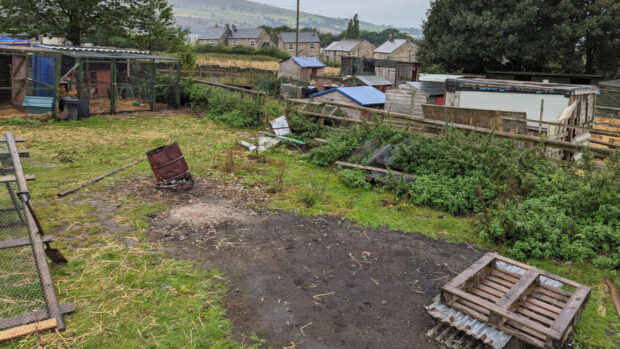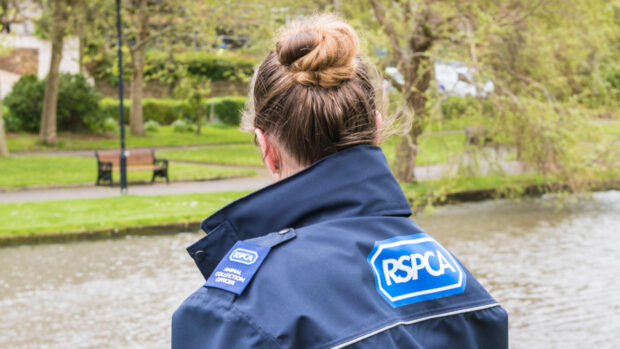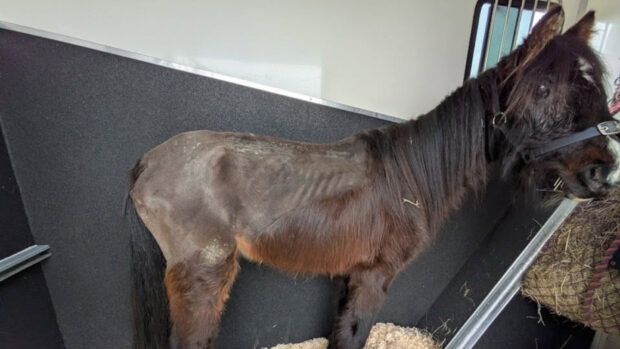The RSPCA has hit back at calls from a group of MPs that it should not act as the lead prosecutor in animal welfare cases.
The environment, food and rural affairs committee held an inquiry into the effectiveness and enforcement of the Animal Welfare Act 2006 over the spring and summer.
It has today (Wednesday, 16 November) published its findings and recommendations.
Committee chair Neil Parish MP said the group was “not convinced” the RSPCA was in a better position than the Crown Prosecution Service (CPS) and should “step back” from making prosecutions itself.
In 2015, the charity investigated 143,004 animal cruelty complaints, of which 15,965 involved horses.
The RSPCA has this morning said it will continue its “long history of prosecuting horrific cases of animal abuse and neglect” despite calls to the contrary by a “small number of MPs”.
“This recommendation is not supported by the government, vets, other major animal welfare charities, and local authorities, and flies in the face of the majority of evidence put before the committee,” said RSPCA chief executive Jeremy Cooper.
“We will consider this report carefully while we will continue to prosecute those who starve, beat, stab, burn and abuse animals.
“For us the key test will be if the recommendation improves animal welfare and we suspect the answer in this case would probably be no.”
He added overall it is a “very sensible report”, but he does not agree with the recommendation that the RSPCA should no longer prosecute.
“We are extremely proud of our near 200 years of experience investigating and prosecuting animal cruelty and our 92% success rate — which is currently a higher percentage than the CPS,” he said.
“Our research shows that 89% of the general public back our prosecutions work and they will be confused why a small number of MPs would suggest stopping the RSPCA carrying out a role which we are very good at and which is paid for by public donations rather than out of taxes.”
The report states the CPS needs to be “suitably resourced” to take on the increased work. It also asks the government to look at amending current laws to make the RSPCA a specialist reporting authority.
“We recognise that the organisation fulfils a role in animal welfare not currently performed by local government,” adds the report.
“However, recent criticism has led to its reputation being diminished in the eyes of the public.
“We welcome the organisation’s acknowledgment that it needs to be more transparent and accountable.
“The RSPCA must ensure that its new complaints procedure is better publicised, including the external reviewer aspect, and made clear for members of the public.”
A joint statement from several charities, including Redwings, said they “fully recognise” the positive work of the RSPCA to secure prosecutions.
“If this was ceased we would have serious concerns about who else would take forward such prosecutions,” it read.
“The RSPCA does a very good job investigating and securing convictions through private prosecutions for a large number of animal welfare cases.
“Without the RSPCA, it is likely that the vast majority of these cases would never be investigated.
“As such, we would not support any move to reduce the role of the RSPCA, who make an invaluable contribution to safeguarding animal welfare across England and Wales and ensuring legislation is enforced.”
Related articles:
- Damning report into animal welfare legislation published
- Evidence heard as Animal Welfare Act review begins
- Concerns over new Central Equine Database *H&H VIP*
World Horse Welfare chief executive Roly Owers said the report’s recommendations regarding the RSPCA “are the bit people are very interested in”.
“They have clear experience in this area,” he told H&H.
“And as has been said, the worst thing would be to stop the RSPCA doing it now, as there would be a vacuum without anyone taking it on.
“No legislation is worth having if it’s not enforced.”




